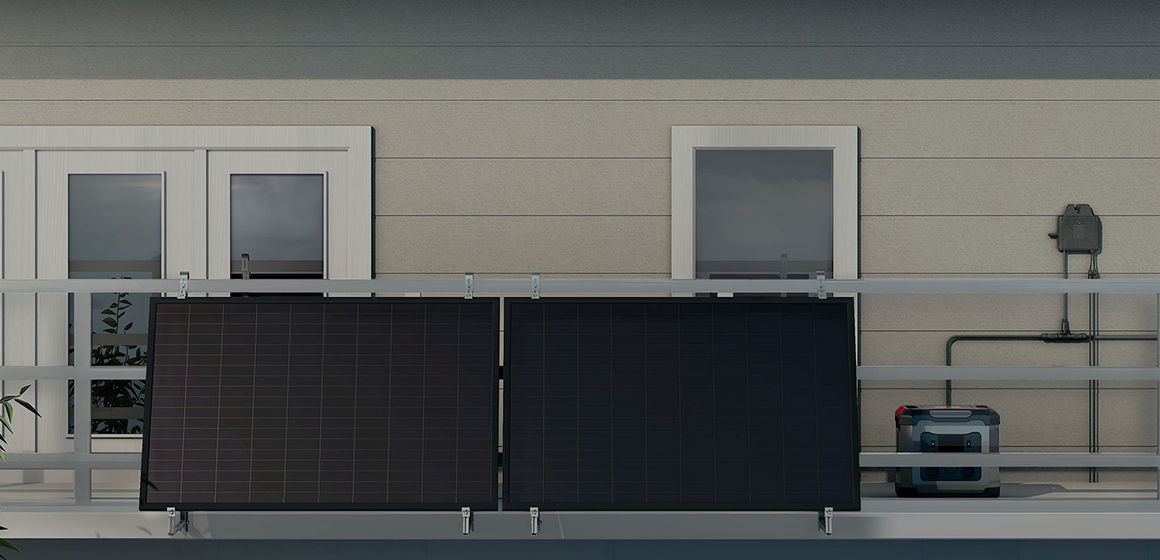Unlock the Secrets to Solar Power: Transform Your Supermarket Into a Sustainable Haven!
In a world where sustainability is becoming increasingly vital, supermarkets have a unique opportunity to lead the charge by adopting solar energy solutions. The transition to solar power offers numerous benefits, including significant cost savings, a reduced carbon footprint, and an enhanced brand perception among environmentally conscious consumers. By embracing solar energy, supermarkets can not only lower their operational costs but also position themselves as pioneers in the push for a greener future. As more consumers seek sustainable options, how supermarkets choose to power their operations can greatly influence their success and reputation.

Understanding Solar Energy for Supermarkets
Solar energy is harnessed from sunlight and can be converted into electricity or heat. For supermarkets, this renewable energy source can be particularly advantageous due to their high energy consumption. There are several types of solar energy systems that supermarkets can consider, including solar photovoltaic (PV) panels that convert sunlight directly into electricity and solar thermal systems designed to heat water. Both systems can be tailored to meet the unique energy needs of a supermarket, providing a sustainable energy source that can help offset traditional energy costs. Many supermarkets across the globe have begun to implement these systems, highlighting the growing trend toward renewable energy solutions in the retail sector.
Assessing Your Supermarket's Energy Needs
Before diving into solar energy options, it’s crucial for supermarket owners to assess their energy consumption. Conducting an energy audit can help identify peak energy usage times and areas where energy efficiency can be improved. For instance, a friend of mine who owns a local supermarket realized that their refrigeration units consumed a significant portion of their energy. By understanding their consumption patterns, they were able to explore tailored solar solutions that not only met their energy needs but also maximized their savings. A thorough evaluation can reveal not just how much energy is consumed, but also when it’s consumed, allowing for smarter decisions regarding solar energy adoption.
Options for Purchasing Solar Energy Systems
Supermarkets have several options for acquiring solar energy systems, each with its own advantages and considerations. Purchasing outright is one option, providing full ownership and the associated tax benefits. Alternatively, leasing a system can reduce upfront costs while still allowing access to solar energy. Power Purchase Agreements (PPAs) are another popular choice, where supermarkets agree to buy power generated by a solar system at a predetermined rate. Additionally, community solar programs can provide access to solar energy for those who may not have the resources or space for a dedicated system. Each of these options can be tailored to fit the unique operational model of a supermarket, making solar energy accessible and feasible.
Financial Considerations and Incentives
Investing in solar energy requires careful financial planning. Supermarkets should consider the initial costs of installation against potential long-term savings on energy bills. Many supermarkets have found that the return on investment (ROI) can be achieved within a few years, especially with the current availability of government incentives and tax credits. These financial incentives can significantly reduce the upfront costs and improve overall feasibility. It's essential for supermarket owners to research financing options, including loans and grants specifically designed for businesses looking to implement renewable energy solutions. In my experience, those who took advantage of available incentives found it easier to transition to solar energy without straining their budgets.
Implementation and Maintenance of Solar Energy Systems
Once a supermarket has chosen a solar energy system, the implementation process begins. This includes the installation of solar panels or thermal systems and integrating them with existing infrastructure. It’s important to work with experienced professionals who understand the unique challenges of commercial installations. After installation, ongoing maintenance is crucial to ensure efficiency and longevity. Regular inspections and maintenance checks can help identify potential issues before they become costly repairs. A friend who runs a supermarket found that by establishing a maintenance schedule, they were able to keep their system running optimally and extend its lifespan, ultimately maximizing their investment in solar energy.
Embracing Solar Energy: A Strategic Move for Supermarkets
Adopting solar energy for supermarkets is not just an environmental decision; it's a strategic business move that can significantly enhance operational efficiency and customer perception. The benefits of transitioning to solar power—cost savings, sustainability, and increased brand loyalty—make it an attractive option for supermarket owners. As the demand for green initiatives grows, now is the perfect time for supermarkets to explore their solar energy options seriously. By harnessing the sun’s power, supermarkets can lead the way toward a more sustainable future while reaping the economic rewards of renewable energy.








